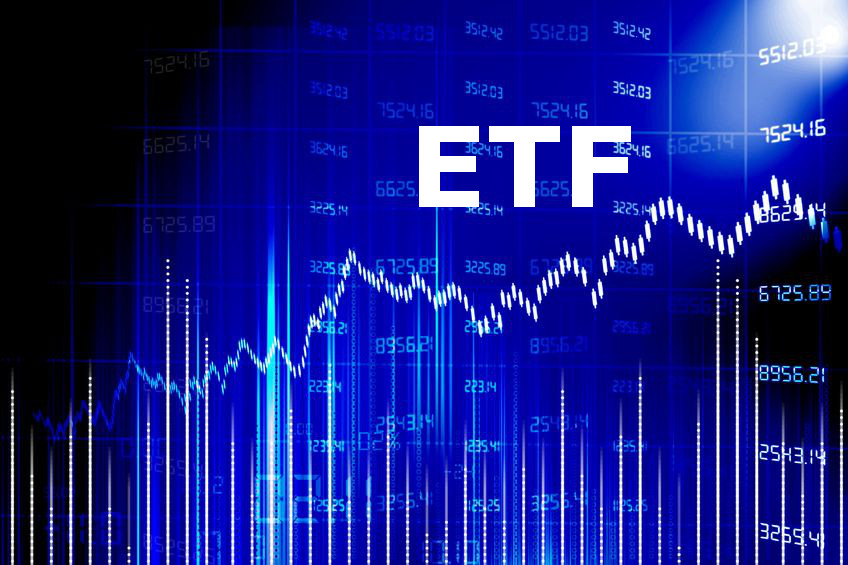Bad week for Nigerian ETFs, market capitalization falls to N7.48 billion
- Posted on June 25, 2022
- Stock Market
- By Glory

Due to the poor performance of the
majority of the registered funds with the Securities and Exchange Commission
(SEC), the market capitalization of Nigeria's Exchange Traded Funds (ETFs)
dropped N86.99 million in a single week.
Exchange-Traded Funds are financial
products that may be traded, similar to stocks, and whose returns follow the
performance of an underlying index. An ETF invests in securities like stocks,
bonds, currencies, commodities, or real estate, among other things. Its return
should closely track that of the underlying index, less transaction expenses,
etc.
All twelve ETFs saw an average weekly fall
in their listing price between June 10 and June 17 of 2022 of 9.58 percent,
according to data acquired from the SEC. Nine of the twelve funds saw fund
price declines, two closed flat, but only one experienced a small positive
movement.
The Exchange Traded Fund's market
capitalisation decreased by N86.99 million from its record high of N7.56
billion on June 10 to N7.48 billion on June 17. (or -1.15 percent).
ETFs had an especially terrible week
compared to the week before, when the fund category had an average weekly
increase of 47.4 percent. The All-Share index fell 2.68 percent to conclude at
51,775.08 basis points during the review week, bringing the Nigerian stock market
to a gloomy conclusion,
according to Nairametrics.
The performance of the ETFs that are
listed on the Securities and Exchange Commission between June 10 and June 17 is
shown below.
·
New
Gold ETF, down -84%: In comparison to the N57,170 price recorded the previous
week, the offer price of the New Gold ETF decreased by 84.66 percent to trade
at N8,770. At the same time, the fund's market capitalization increased by
13.9% to N501.38 million. The price of gold is tracked by the New Gold ETF,
which is run by New Gold Managers.
·
Greenwich ALPHA ETF, down -7.64%: The fund price of the Greenwich ALPHA ETF fell by
7.64 percent to N127.6 at the end of the week. On the other hand, despite a
fall in fund performance, the market capitalization climbed modestly by 0.95
percent to N595.84 million, indicating better registrations. The NSE 30 Index,
an index made up of 30 of the most liquid and well-capitalized stocks trading
on the Exchange, is tracked by the open-ended ETF known as Greenwich Alpha. The
fund is intended to enable investors to acquire exposure to the market to the
securities of the firms that make up the NSE 30 index and to replicate the
performance of the index, according to the company.
·
Meristem Growth ETF, down -3.15%: Meristem Growth ETF is an Exchange Traded Fund run
by Meristem Wealth Management Limited that tracks growth stocks. The fund lost
3.15 percent during the week under review, however as on June 17th 2022, the
market capitalization increased by 0.38 percent to N191.86 million. The NGX
Meri Growth index fell 1.18 percent during the week under review, bringing the year-to-date
performance to 30.51 percent, according to the Nigerian Exchange Group's weekly
report.
·
Lotus Capital Halal ETF, down -2.46%: The offer price for the Lotus Capital Halal ETF fell
by 2.46 percent week over week, and its market capitalization fell by 2.58
percent to N504.08 million. The performance of the NSE-Lotus Islamic Index is
tracked by the open-ended fund known as the Lotus Halal Equity Exchange Traded
Fund (LHE ETF) (NSELII). It was created to give investors market exposure to
the securities of the NSE-Lotus Islamic Index constituent firms and to mirror
the index's price and yield performance.


Be the first to comment!
You must login to comment